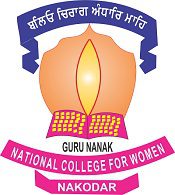NCC
You can join NCC in your first time at college. You will be eligible for ‘B’ and ‘C’ Certificate. To appear for the exam of these certificates, you need to fulfil some qualifications like a minimum of one national and one local NCC Camp. Furthermore, according to the unit there used to be Parades, drills, camps and training for the cadets.
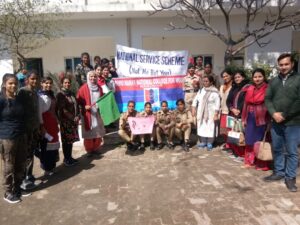
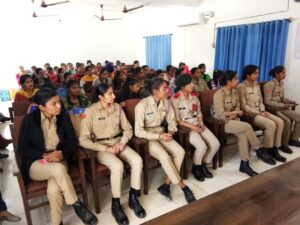
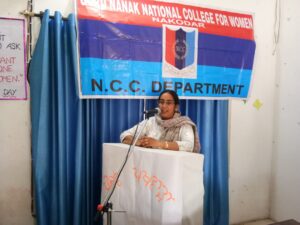
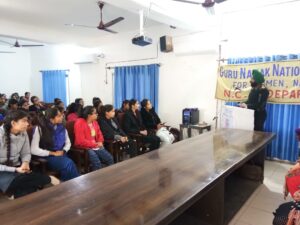
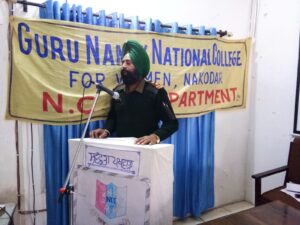
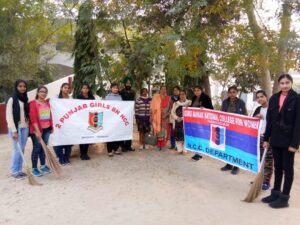

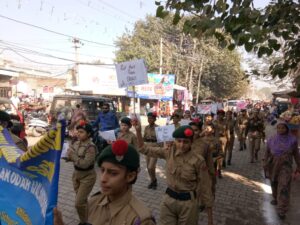
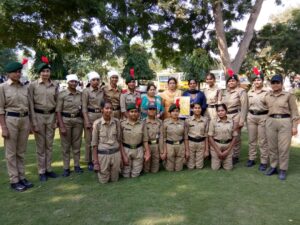

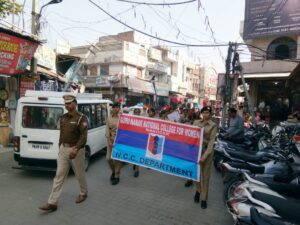
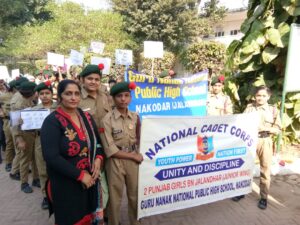
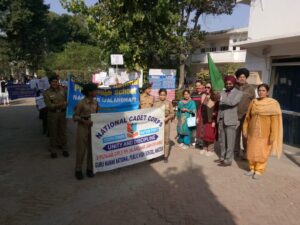
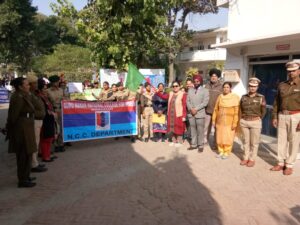
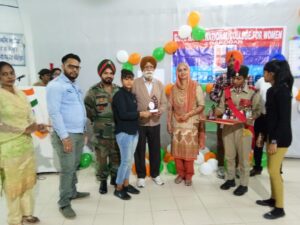
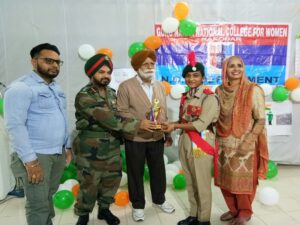
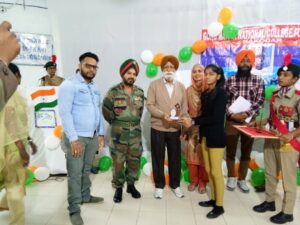
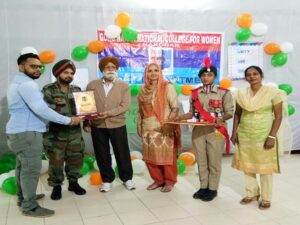
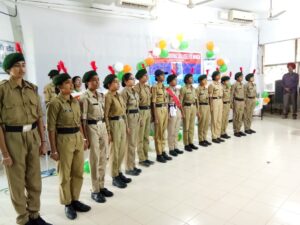
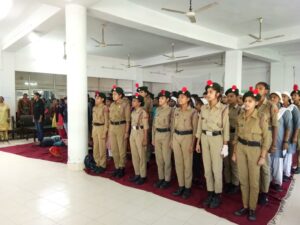
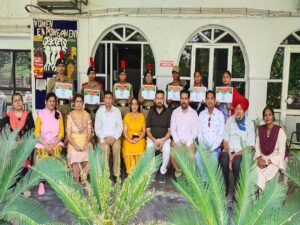

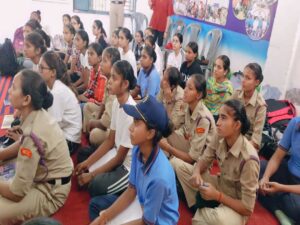
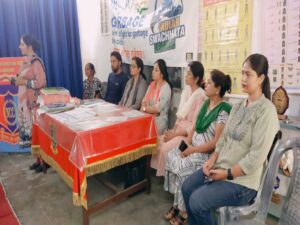

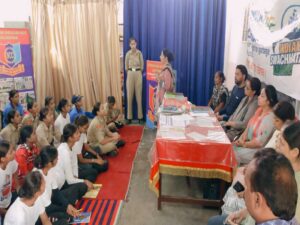
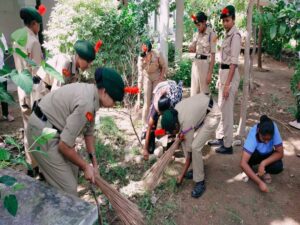
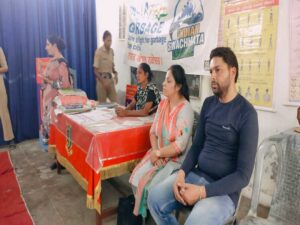
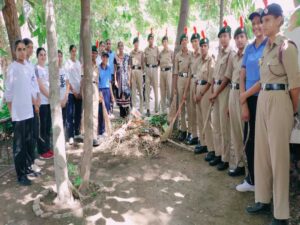
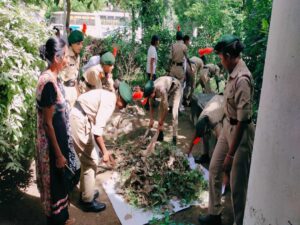
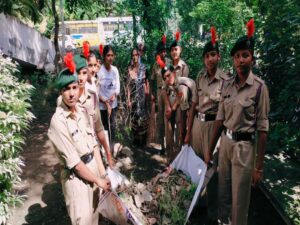
History of NATIONAL CADET CORPS (NCC)
The National Cadet Corps (NCC) has its genesis in the University Corps, which was created under the Defense Act, 1917 with the object to make up the shortage of the Army. In 1920, when the Indian Territorial Act was passed, the University Corps was replaced by the University Training Corps (UTC) in 1942, the UTC was renamed as the University Officers Training Corps (UOTC). The need to create a youth organization at National level to train the young boys and girls to be better citizens and future leaders of our great country in all walks of life, including Defence forces, was rightly realized by our leaders. A Committee under Pandit H.N. Kunzru was set up in 1946 at the behest of our first Prime Minister, Pandit Jawaharlal Nehru. The NCC came into existence on 16th July, 1948 under the NCC Act XXXVI of 1948 under the Ministry of Defence (MOD).
NCC Motto
The Motto of the NCC is ‘UNITY AND DISCIPLINE’ which was adopted on 23 Dec 1957.
Selection of NCC Flag
In 1954 the existing tricolor flag was introduced. The three colors in the flag depict the three Services of the Corps, Red for the Army, Deep Blue for the Navy and Light Blue for the Air Force. The letters NCC and the NCC crest in gold in the middle of the flag encircled by a wreath of lotus, give the flag a colorful look and a distinct identity. Each lotus represents one NCC Directorate(Dte).
Aim
The aims of NCC as approved by MOD in Mar 2001 are as under:
- To develop character, comradeship, discipline, leadership, secular outlook, spirit of adventure, sportsmanship and ideals of selfless service among the youth of the country
- To create a human resource of organized, trained and motivated youth, to provide leadership in all walks of life and always be available for the service of the nation
- To provide a suitable environment to motivate the youth to take up a career in the Armed Forces
Pledge
“I do hereby solemnly promise that I will serve my motherland most truly and loyally and that, I will abide by the rules and regulations of the National Cadet Corps. Further under the command and control of my commanding officer I will participate in every camp most sincerely and wholeheartedly. We the cadet of the National Cadet Corps, do solemnly pledge that we shall always uphold the unity of India. We resolve to be disciplined and responsible citizen of our nation. We shall undertake positive community service in the spirit of selflessness and concern for our fellow beings”
Camps
- RDC: Republic Day Camp
- TSC: Thal Sainik Camp
- AAC: Army Attachment Camp
- ATC: Annual Training Camp
- BLC: Basic leadership camp
- CATC: Combined Annual Training Camp
- IGC: Inter Group Camp
- NIC: National Integration Camp
- RCC: Rock Climbing Camp
- SNIC: Special National Integration Camp
- VSC: Vayu Sainik Camp
- NSC: Nau Sainik Camp
Activities Done During Camps
- Drill
- Cross Country
- Yoga
- Physical Training
- Weapon Training
- Games
- General Awareness Lectures
- Camp Fire
- Cultural Activities
- Map Reading
- Field Craft & Battle Craft
Certificates
Senior Division and Senior Wing:
- ‘C’-Certificate is the highest recognition of training and qualification of a Senior NCC cadet
- ‘B’-Certificate is the initial recognition of training and qualification of a Senior NCC cadet.

Lt. Sunita Devi (NCC Officer)

